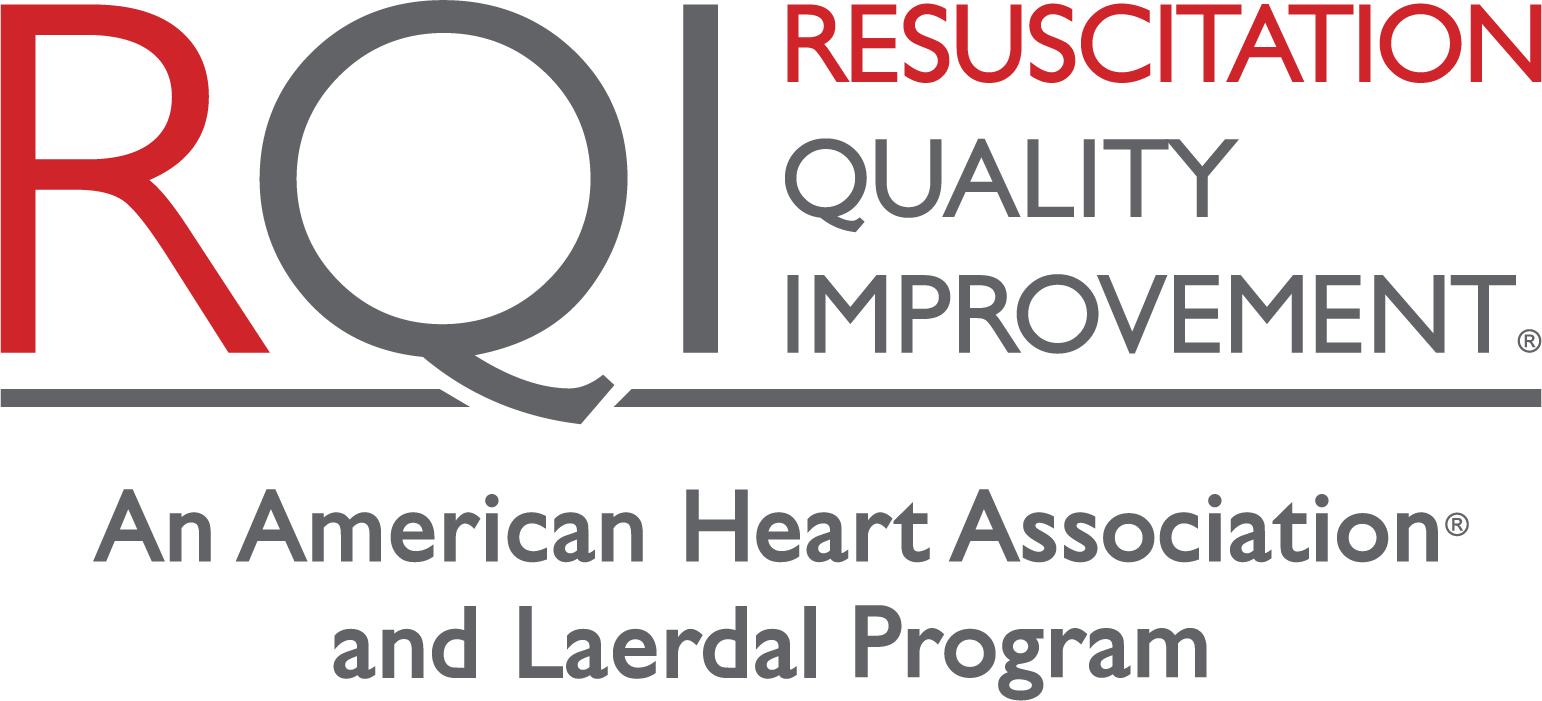Arrogante, O. et al. International Emergency Nursing. 2021
Importance of Conclusion
Study demonstrates that a structured training program with deliberate practice (frequent and structured practice to improve performance) using real-time feedback improves the acquisition of CPR skills and the retention of skills 3 months later.
Key Points
- Nursing students entering the study that had received traditional CPR training in the first year of their nursing degree showed poor knowledge and skill retention in CPR skills measured a year later.
- Nursing students that received CPR practice in a deliberate practice model with real-time, objective feedback via a manikin feedback device demonstrated higher compression, ventilation and overall CPR performance scores immediately after and 3-months post training vs nursing students that did not receive training in this model.
- Because nursing students were able to retain an adequate level of CPR skills three months post the intervention of deliberate practice with real-time feedback, it is recommended that this type of CPR training be reinforced at the undergraduate level.
- It is also recommended that CPR training should be provided as often as considered necessary in both universities and health centers to allow deliberate practice to prevent CPR skills deterioration.
